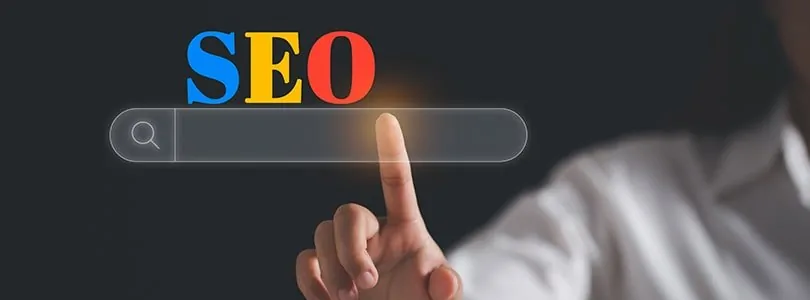John Mueller Explains Cloaking In Depth
- 29 April, 2021
- Jason Ferry
- SEO Agency

The best SEO agencies tend to avoid the use of cloaking nowadays as this old trick violates Google’s guidelines. However, many SEO agencies are wondering whether or not blocking Google from anti-ad block detection would cause the system to treat their page as cloaking.
Google’s John Mueller was asked about the matter in an SEO Office Hours hangout. The person who asked the question was thinking of adding ad blocker detection to their website to make it so users couldn’t access the content if their ad blocker is on. They asked if they would be penalised for cloaking if they excluded Googlebot from seeing the ad block detention. Mueller answered by explaining what cloaking really is and what exactly happens if one blocks Google from the ad blocker detection scripts.
Cloaking refers to the act of changing the webpage content presented depending if a site visitor is a regular human or a search engine bot.
In the past, “keyword spamming” was a common way to make a webpage rank better, but this came at the cost of making the page content look terrible and untrustworthy. This meant that visitors were more likely to leave the page instead of reading through the content and clicking affiliate links.
To solve this problem, spammers used cloaking to show a page filled with keywords to search engine bots. But if a human user clicks the link, the webpage would show normal, well-written content that would lead to better conversions.
Google Search Central Guidelines listed the following as examples of cloaking:
- Showing “a page of HTML text” to search bots, while users get “a page of images”
- Only using keywords and keyphrases in the content when the visitor is a search engine bot
In the asker’s situation, it wasn’t really a matter of showing different pieces of content to Googlebot and regular human users. Rather, they were concerned about creating two sets of user visitor statuses.
Users who don’t use ad blockers will have access to the webpage content, while those who do use ad blockers will not be given access. Their goal is to basically train the users to whitelist the site so that they could read the content and the ads.
Mueller answered that excluding Googlebot from their ad block detention is fine in general. Moreover, it is a way of recognising that Googlebot does not have an ad blocker installed; therefore, it permits the search engine bot to access the content.
He also reminded SEO agencies that the intention of cloaking is to deceive Google and regular human users as they show something different to each type of user; and mostly, the end result that cloaking wants to achieve is to increase their rankings. Therefore, it is not cloaking if one sets up an anti-ad block or forces users to log in before they get access to the content.
On the other hand, showing different content based on a user’s privilege or status is another matter. News websites usually distinguish a paid user from non-subscribed visitors, only showing fresh content to the former.
Forum software also uses the same strategy, such as preventing unregistered site visitors and search engines from accessing user profiles. In such cases, the sites are creating different statuses for site visitors, and Mueller acknowledged that it is an “appropriate approach”.
Work With A Reliable SEO Agency
If you want to work with the best SEO agency that uses white hat techniques, Position1SEO is the right company for you! Hire us for the job, and we will skyrocket your rankings without any risk of your site getting penalised.
We use the most up-to-date SEO methods to keep our webpages on the top of Google’s first page. By working with us, we will apply these proven SEO techniques to your website, helping you achieve the online visibility your business needs to thrive.
To know more about our affordable SEO services, let’s discuss things over the phone! Call us on 0141 404 7515 or email us at office@position1seo.co.uk, and let our team of expert SEOs lift the burden off your shoulders.














